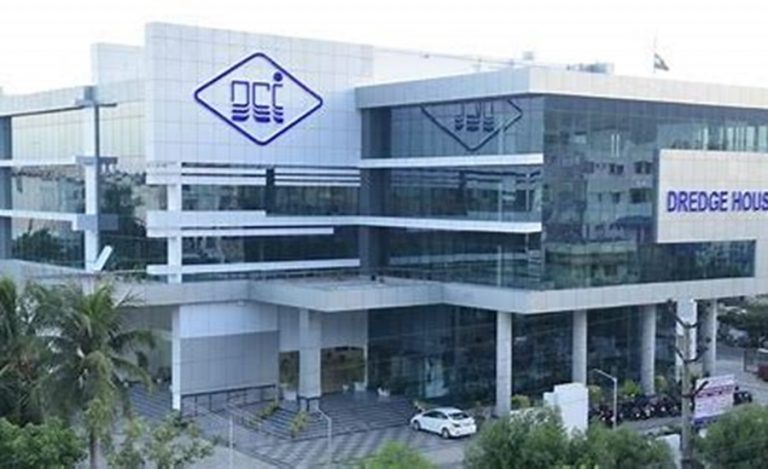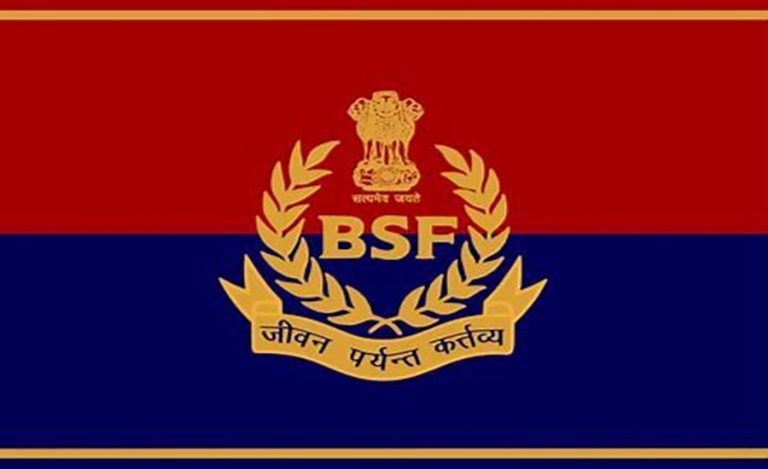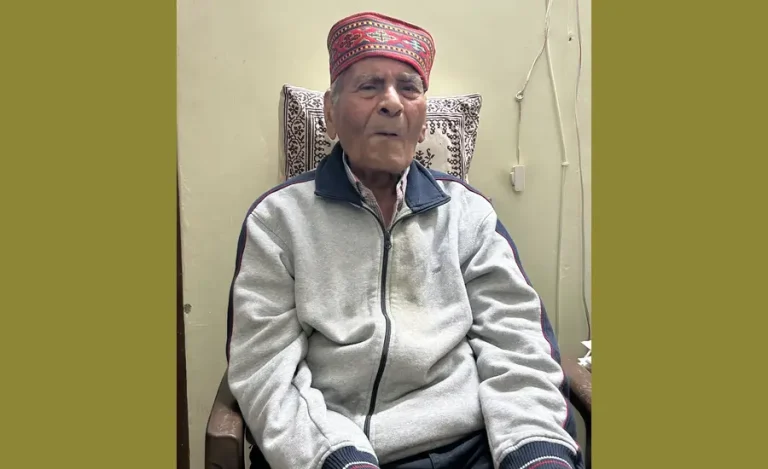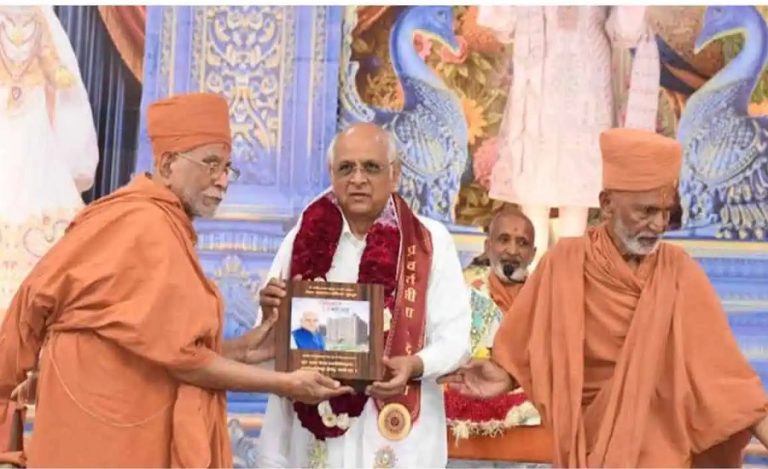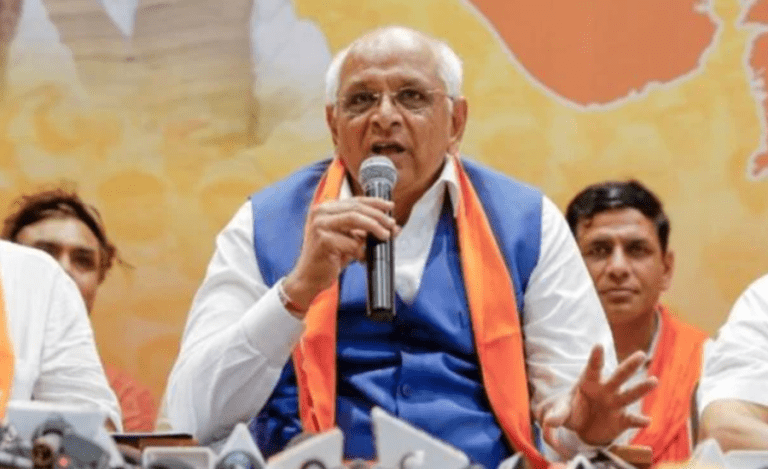Police commissionerate system was implemented in Madhya Pradesh capital Bhopal and financial capital Indore, with state Home Minister Narottam Mishra announcing on Thursday evening that notifications in this regard have been issued.
A total of 38 police stations in Bhopal and 36 police stations in Indore, all belonging to municipal areas of the cities, have been included under the police commissionerate system. In both the cities the system will be headed by a commissioner of police, who will be an additional director general (ADG) or inspector general (IG) level officer, the home minister said.
Bhopal and Indore, the first cities of MP to get the system, have joined the list of 71 cities in the country that currently have the police commissionerate system.
Both cities will have two additional commissioners each of the deputy IG (DIG) level and eight deputy commissioners each of superintendent of police (SP) level. Bhopal will have 10 additional deputy commissioners of the rank of additional SP while Indore will have 12 such additional deputy commissioners. Bhopal will have 33 assistant commissioners of police of the rank of deputy SP while Indore will have 30 such officers. The two cities will each have an SP (rural) post too, Mishra said while giving details.
Separate orders will be issued by the state home department to post the officers under the new system in both the cities within a day or two, the home minister said.
Police commissionerate system gives magisterial powers of various kinds to the senior police officers (IPS officers) and they can thus function independently of the district collectors/magistrates, who have the magisterial power in the normal policing system.
Relevant Acts and sections of the Code of Criminal Procedure (CrPC), Police Act, Motor Vehicles Act, National Security Act, State Security Act (pertaining to externment from districts), Prisoners Act, Immoral Traffic Prevention Act, Government Secrets Act and others have been amended to give the additional powers to the police officials under the commissionerate system, Mishra said.
The notification comes within 19 days of the first announcement by Chief Minister Shivraj Singh Chouhan in this regard on November 21. Chouhan had said that though the law and order situation in MP is better, the urban population has been increasing rapidly and metro cities are expanding geographically and population-wise. This led to some new problems of law and order and the decision was aimed at better control of crime, he had said.
The CM’s announcement had come soon after a meeting of senior police officials of different states held by Prime Minister Narendra Modi in Lucknow wherein the PM had lauded the police commissionerate system. It is being surmised that the system has been implemented in the state speedily so as to be in time for Chouhan’s presentation at a meeting of chief ministers called by the PM in Benaras on December 13.
There have been several attempts in the past three decades for implementation of the police commissionerate system in bigger cities of MP, but they kept hanging fire due to reported opposition from IAS officers who felt that the system would undermine the authority of district collectors. This time, too, the state administrative services officers had written to the state government to give them a hearing on their opposition to the system.
However, while answering a question regarding this opposition on Thursday, Home Minister Mishra said that the IAS and IPS officers worked with perfect coordination for welfare of people under CM Chouhan and any talks regarding opposition were mere speculations.
The attempts to introduce the police commissionerate system were started by erstwhile chief minister Arjun Singh in June 1981. There were two attempts by Digvijaya Singh during his tenure as CM. Chouhan himself had announced the decision to implement the commissionerate system in the state Assembly in December 2012, but within a few days the government reverted to the deputy inspector general (DIG) system of policing replacing the senior superintendent of police (SSP) that was in vogue in Bhopal and Indore earlier.



